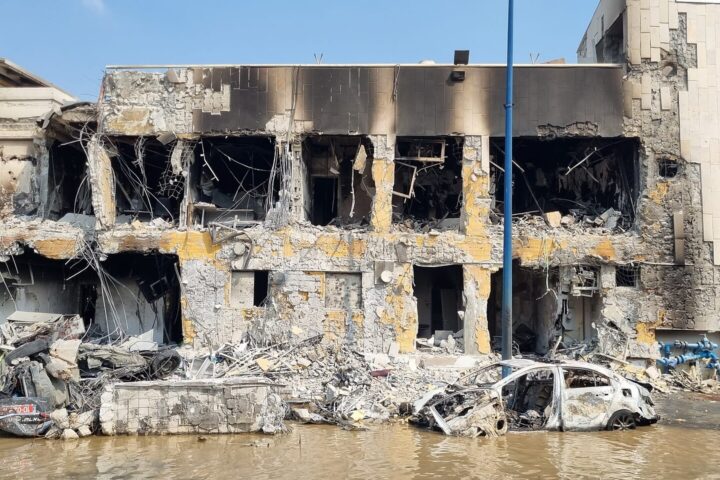Focus on neglected commodity
As focus is given to traditional commodities such as oil and gold, an often overlooked commodity is steel. You may be interested to know that the price has more than doubled in the past year as steel producing companies have passed on their higher costs incurred on purchasing coking coal and iron ore on to their consumers.
The unrelenting demand in steel prices is being driven by urbanization by emerging markets such as the BRIC countries of Brazil, Russia, India and China, as well as infrastructure spending in the Middle East and elsewhere in Asia.
Prices for billet steel – used to make reinforcing rods in construction and a benchmark for the industry, have surged to a record high of $1,200 a tonne this month. This is over double the price quoted one year ago.
The main reason that steel is increasing in price so sharply is due to the rising costs of the raw materials used to produce it. Brazilian giant, Companhia Vale, the world’s largest producer of iron ore has already agreed with steelmakers to a 71 percent increase for its ore in 2008. Last week, Rio Tinto, the world’s second largest iron ore producer agreed to a 95 percent price hike with the small Chinese steel producers for this year. Both Rio Tinto and BHP Billiton, the world’s third largest producer of iron ore are still currently negotiating the price with the largest Chinese steel producers. Analysts expect that the Chinese will eventually accept a rise of 85 percent in the price of iron ore.
Also, in Asia the price for metallurgical coking coal which is used in the process of turning iron ore into steel has escalated in cost from $100 a tonne to $300 a tonne this year alone. This price is only for the negotiated contracts between the suppliers of coal and the steel manufacturers who purchase large quantities. The small steel mills purchase coking coal from the spot market with prices currently at $380 a tonne.
This shortage in coking coal is due to heavy rains in Queensland, Australia that occurred back in February which disrupted supply and prompted Rio Tinto to default on its previously agreed sales. Also South Africa cannot generate enough electricity and has closed some of its mines and is exporting significantly less coking coal than in previous years.
For the reasons stated above, I fully expect steel prices to continue to rise over the next few years. I would however not recommend investing directly into this commodity as I fear that the steel producers’ margins will be eroded with the continual cost increases in coking coal and iron ore. Instead I would take a ‘Shovels & Picks’ approach and invest into the basic raw materials of coking coal and iron ore which have proven to be resilient in this significant bear market.
Between 23rd and 26th June, we are holding one-one consultations for anyone wishing to learn more on how to become a successful commodities investor. Please contact us for further information if interested to learn more.
For further details please contact us by email at [email protected] or visit our website www.hollingsworth.eu.com. Please note that this article is for information purposes only and is not intended as investment advice.
Hollingsworth International Financial Services Ltd is licensed by the Malta Financial Services Authority to provide investment services under the Investment Services Act 1994.







